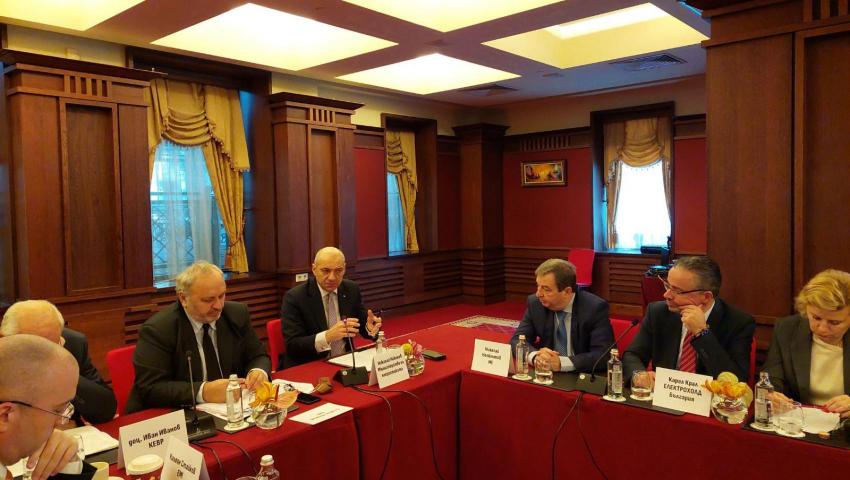Deputy Minister Nikolov: By the end of 2024, we are planning to launch two hydro units of HPP "Chaira"

In the coming weeks, the start of the application procedure for the financing of electricity production from RES and storage systems under the National Recovery and Sustainability Plan (NRSP) will be announced. This was announced by the Deputy Minister of Energy Nikolay Nikolov, who participated in a discussion dedicated to electricity networks and network services, organized by the Institute for Energy Management.
The participants in the forum highlighted the possibilities of financing new investments and expansion to accommodate the increased production from RES as a key condition for the development of the sector. According to international data, presented by EWRC chairman Prof. Ivan Ivanov, for every 1 euro invested in electricity production, it is necessary to match 1 euro invested in network development. In our country, this balance is broken, it became clear from the speeches during the discussion.
Deputy Minister Nikolov drew attention to the recently published draft energy strategy, in which serious attention is paid to the need to develop networks and implement projects related to energy storage. The rehabilitation of HPP Chaira is progressing at a serious pace; we plan to launch two hydro units by the end of 2024, by the end of 2025 – one more and later – the last one, whose repair is the most complicated, explained Mr. Nikolov. The draft energy strategy also announced the intention to build two new HPP - at the Batak and Dospat dams, which should be completed in 2032-33. To this we should add the vision of the state to build two new nuclear units, which will be put into operation in the period 2032-2035. This will be the backbone of the electricity system in the coming decades, which will provide the opportunity to connect new RES capacities, the deputy energy minister pointed out.
The 611 million BGN network digitization project carried out by the Electricity System Operator under the National Electricity System Operator is also of fundamental importance for the management of the electricity system and the possibility of connecting new capacities. To date, five support points have been put into operation under the project, from which more than 200 substations in the country are automatically controlled. By the end of next year, it is planned that all ESO substations will be managed in this way.
Two percent of the revenue from the sale of emissions at the European level will be allocated to the Modernization Fund, it became clear during the discussion. The first tranche of the collected sums is mainly intended for the optimization of consumption and the operation of the distribution networks.
